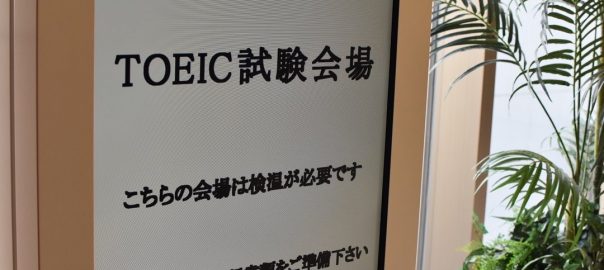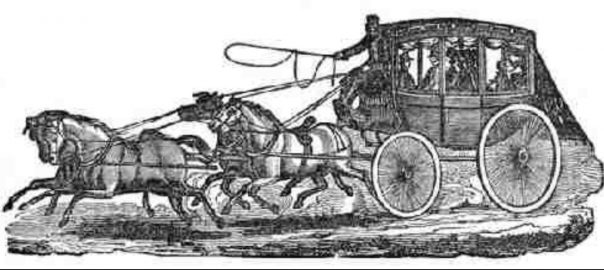・
こんにちは!
前回は、仮定法の基本について解説しました。
本日は仮定法の倒置と、were to / shouldをif節に用いた仮定法について解説します。
【ifの省略(倒置)】
以下のように仮定法の文は、if節と帰結節の組み合わせが基本でした。
[例文1]
If I were president, I couldn’t stand up to its heavy responsibility.
「もし私が大統領だったら、その責任の重さに耐えられないだろう」
上記のような仮定法の文は、Ifを抜いて主語と動詞を倒置することがあります。
特に書き言葉でよくみられます。
[例文1]
Were I president, I couldn’t stand up to its heavy responsibility.
「もし私が大統領だったら、その責任の重さに耐えられないだろう」
[例文2]
Had I stayed at home on that day, I would have been crushed under the collapsed house.
(=If I had stayed at home on that day, ~)
「その日家にいたら、倒壊した家に押しつぶされていただろう。」
ルールとして、語順を倒置可能なのはif節の動詞が”were””had””should”のみなので気をつけましょう。
※shouldの倒置例については次の次の項参照
【if節に”were to”】
if節が“If S were to V”となると、特別なニュアンスが付加されます。
まず一つ目は、可能性が限りなく低いことを仮想して、”それが起こったらこうなる”というニュアンスです。
[were to 1 / 可能性が限りなく低い]
*例文
If all the human were to disappear suddenly, what would the world change?
「もしすべての人間が突然姿を消したとしたら、世界はどう変わるでしょうか?」
二つ目は、“If you were to V”の形で、丁寧なお願いのニュアンスになります。
これは1の可能性が限りなく低いニュアンスを考えてみるとわかると思いますが、相手が「お願いをきいてくれる」ことを当たり位前と考えておらず、「もしも(万が一)やってくれるのであれば」というニュアンスになり、丁寧になります。
[were to 2 / 丁寧なお願い]
*例1
If you were to come to see my son, he would be very happy.
「もしあなたが私の息子に会いに来てくれたら、息子は大喜びでしょう」
*例2
We would be very helpful if you were donate some money.
「幾らかお金を寄付してくだされば、とても助かります」
【if節に”should”】
if節にshouldが入った形は、「万一〜ならば」という推量のニュアンスが加わります。
なお、shouldはshallの過去形ですので、「If S should V(原形)」で仮定法過去として機能します。
[例1]
if you should change your mind, you could contact us anytime.
「もし(万が一)気が変わったら、いつでもご連絡ください」
[例2]
If you should die, I couldn’t bear with the sorrow.
「(万が一)あなたが死んだら、悲しくて耐えられないでしょう」
[should 倒置の例]
Your family would be compensated by the insurance should anything happen to you.
「(万が一)あなたに何かがあった場合、ご家族は保険によって補償を受けられます」
【shouldとwere toのニュアンスの違い】
共に可能性の低いニュアンスを与える”were to”と”should”のニュアンスの違いについて説明します。
一言で言うと、”should”より”were to”の方が限りなく可能性が低いです。
たとえば、「もし太陽がある日消滅したら」や先ほどの例の「全ての人間が消えたら」は起こる可能性は限りなく低いです。ほぼあり得ないですよね。このような場合はwere toを使います。
shouldの場合は、例を見てもわかるとおり、まだ「ありうる」範囲での「万が一」なのがわかると思います。たとえば「あなたが死んだら」や「気が変わったら」は、可能性は低くても現実の生活の中で起こりうることですよね。
本日は倒置と”were to” “should”について説明しました。
それではまた!









